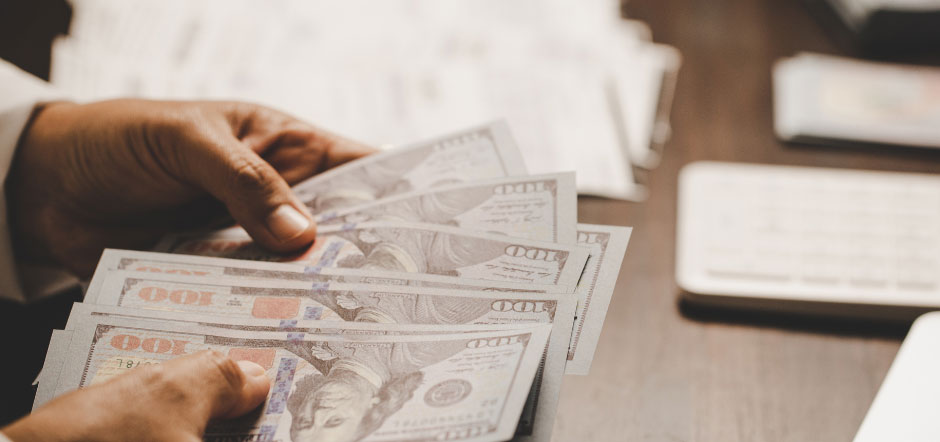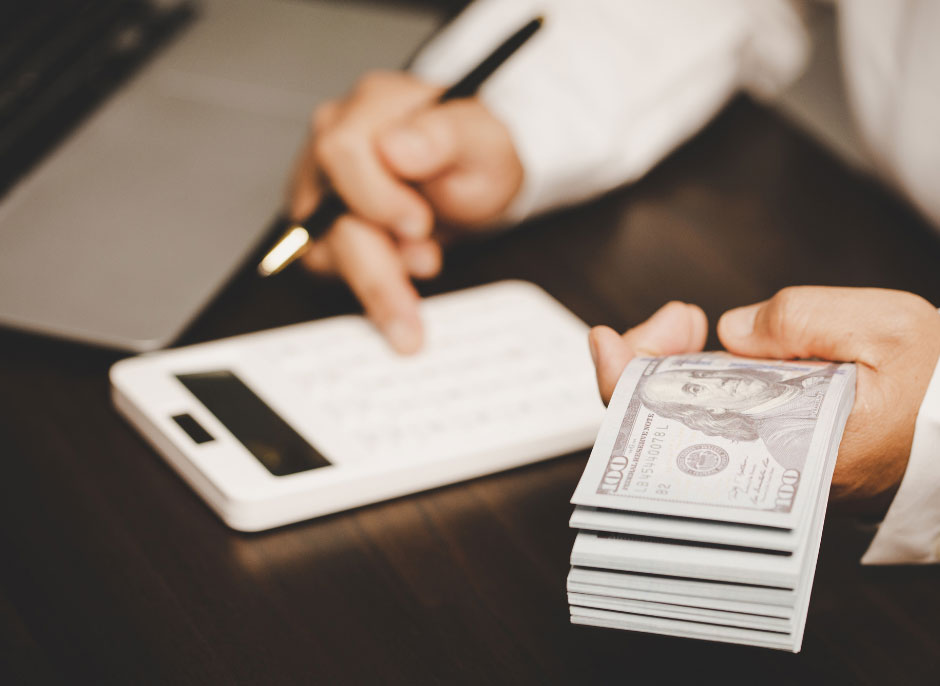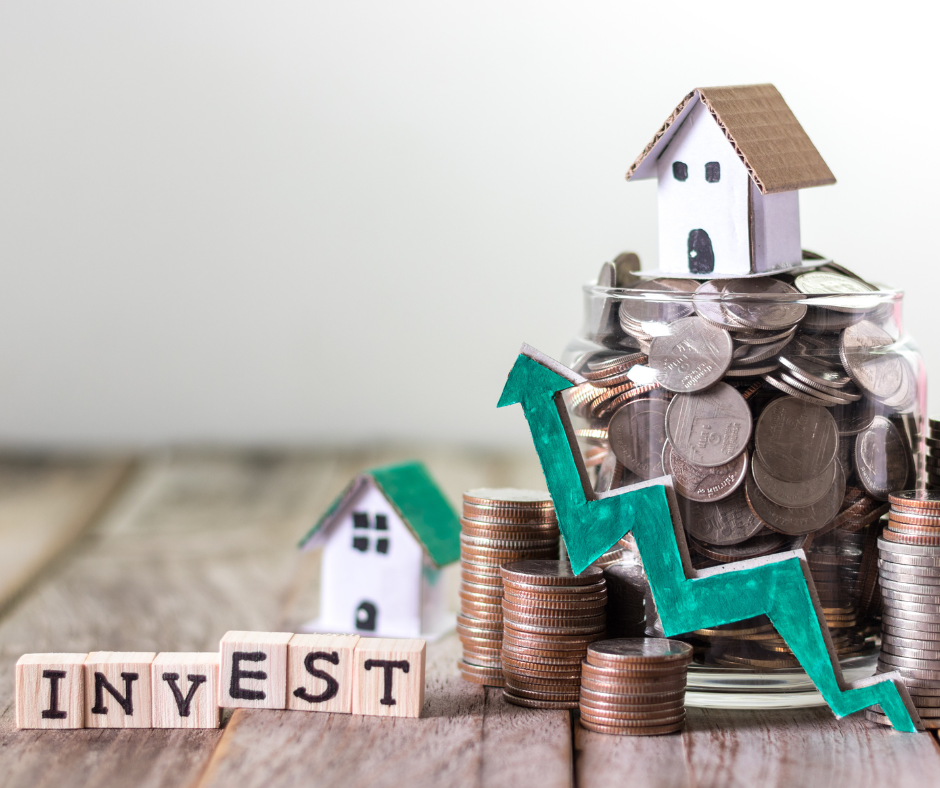Sarah and David, a young couple in their early thirties, purchased their first home in a suburban neighborhood. Excited about homeownership, they soon realized the importance of budgeting for home-related expenses:
Mortgage Payments: Sarah and David’s largest monthly expense is their mortgage payment. They carefully selected a mortgage with a monthly payment that they felt comfortable with and factored it into their budget.
Property Taxes: They live in an area with property taxes that are relatively high. To avoid any surprises, they set up an escrow account with their mortgage lender to ensure that property taxes are paid regularly and predictably.
Homeowner’s Insurance: Recognizing the need for insurance to protect their investment, they budgeted for homeowner’s insurance premiums, which they pay annually. They compared quotes from different insurers to find the best coverage at an affordable rate.
Utilities: Sarah and David budgeted for monthly utility bills, including electricity, water, gas, and internet. They also made an effort to reduce energy consumption by making their home more energy-efficient.
Maintenance and Repairs: Knowing that homes require ongoing maintenance and occasional repairs, they established an emergency fund specifically for home-related expenses. This fund came in handy when they had to repair a leaky roof unexpectedly.
Home Improvement Projects: Sarah and David had a list of home improvement projects they wanted to tackle, such as remodeling the kitchen and landscaping the backyard. They budgeted for these projects over time and prioritized them based on their financial capacity.
Property Upkeep: Regular maintenance tasks, such as lawn care, pest control, and gutter cleaning, were included in their budget to ensure that their home remained in good condition.
Furniture and Appliances: As they settled into their new home, they purchased furniture and appliances. They spread these purchases over several months to avoid straining their budget.
Homeowners’ Association Fees: Their neighborhood had a homeowners’ association (HOA) with monthly fees. They factored this into their budget as it covered maintenance of common areas and amenities.
Future Savings: Sarah and David were forward-thinking and allocated a portion of their budget to savings for future home-related expenses, such as a roof replacement or major appliance upgrades.
Financial Review: Periodically, they reviewed their budget to ensure it aligned with their financial goals. Adjustments were made when necessary to accommodate changes in their income or expenses.
In this real-life scenario, Sarah and David understood the importance of budgeting for home expenses to ensure they could comfortably manage the costs associated with homeownership. By planning and budgeting effectively, they were able to maintain their financial stability and enjoy their new home without unexpected financial strain.

What is Budgeting for Home Expenses?
Budgeting for home expenses involves creating a financial plan that outlines and allocates funds for all the costs associated with homeownership. Effective budgeting helps homeowners manage their finances, avoid unexpected expenses, and ensure they can cover all the expenses related to their home. Here are some key elements of budgeting for home expenses:
Mortgage Payment: The monthly mortgage payment is typically the largest expense for homeowners. It includes the principal and interest on the home loan. Budgeting for this payment ensures that it’s paid on time and in full.
Property Taxes: Property taxes can vary based on the location and assessed value of the home. Budgeting for property taxes helps homeowners avoid late payments and potential penalties.
Homeowner’s Insurance: Homeowner’s insurance premiums are usually paid annually or semi-annually. Setting aside funds for insurance ensures that homeowners have coverage in case of damage or loss.
Utilities: This category includes monthly expenses like electricity, water, gas, internet, cable, and phone bills. Budgeting for utilities helps homeowners manage their regular expenses.
Maintenance and Repairs: Homes require ongoing maintenance and occasional repairs. Budgeting for these expenses helps homeowners address issues promptly and prevent larger, costlier problems.
Home Improvement Projects: If homeowners plan to undertake renovation or improvement projects, budgeting for these projects and setting aside funds is essential. This prevents financial strain and allows for proper planning.
Property Upkeep: Regular tasks like lawn care, pest control, and gutter cleaning should be included in the budget to maintain the home’s appearance and condition.
Homeowners’ Association (HOA) Fees: If the home is in a community with an HOA, monthly or annual fees should be budgeted for. These fees cover common area maintenance and amenities.
Furniture and Appliances: Purchasing furniture and appliances for the home can be a significant expense. Budgeting for these purchases helps homeowners manage their spending.
Savings for Future Expenses: Creating a savings category in the budget allows homeowners to set aside money for future needs, such as a roof replacement, HVAC system upgrade, or major appliance replacements.
Emergency Fund: Maintaining an emergency fund for unexpected home-related expenses, such as a burst pipe or storm damage, ensures that homeowners are financially prepared for emergencies.
Financial Review: Regularly reviewing the budget helps homeowners assess their financial health and make adjustments as needed. It’s essential to adapt the budget to changes in income, expenses, and financial goals.
Budgeting for home expenses allows homeowners to prioritize their financial responsibilities and avoid financial strain. It provides a clear picture of their financial situation, helps them save for future needs, and ensures they can enjoy their home without worrying about unexpected financial burdens.

Why is it important?
Budgeting for home expenses is a critical aspect of homeownership that can significantly impact your financial stability and overall satisfaction with your new property. Developing a comprehensive budget that accounts for the various costs associated with owning a home can help you manage your finances effectively, plan for future expenses, and avoid financial strain. Here are some reasons why budgeting for home expenses is important for first-time property buyers:
Ensuring affordability: Before purchasing a property, it’s crucial to have a clear understanding of the ongoing expenses associated with homeownership to ensure that the home is affordable within your financial means. This can help prevent financial strain and potential issues, such as defaulting on your mortgage.
Financial stability: A well-planned budget can help you maintain financial stability by allowing you to allocate funds for essential expenses, savings, and discretionary spending. This can ensure that you’re prepared for both expected and unexpected costs and can help you avoid accumulating debt.
Planning for future expenses: Owning a home involves a variety of ongoing and future expenses, such as maintenance, repairs, and improvements. By budgeting for these costs, you can plan and save for necessary projects and prioritize your spending based on your needs and goals.
Managing cash flow: A comprehensive budget can help you manage your cash flow, ensuring that you have sufficient funds to cover your mortgage payments, property taxes, insurance, utilities, and other expenses as they arise.
Here are some tips for budgeting for home expenses as a first-time property buyer:
List all anticipated expenses: Begin by listing all the expenses associated with homeownership, such as mortgage payments, property taxes, insurance, utilities, maintenance, repairs, and homeowner association fees.
Estimate costs: Research and estimate the costs for each expense category, considering factors such as your property’s size, age, and location. Be sure to account for potential increases in property taxes or insurance premiums over time. Set aside funds for maintenance and repairs: Allocate a portion of your budget for ongoing maintenance and repairs, which can help you address issues promptly and prevent more significant problems from developing.
Plan for home improvements: If you anticipate making home improvements, such as renovations or upgrades, factor these costs into your budget and establish a timeline for completing these projects.
Build an emergency fund: Set aside funds in an emergency savings account to cover unexpected expenses, such as major repairs or loss of income. Financial experts typically recommend having three to six months’ worth of living expenses in an emergency fund.
Monitor and adjust your budget: Regularly review and update your budget to ensure that it accurately reflects your expenses and financial goals. Adjust your spending and saving habits as needed to maintain financial stability and achieve your homeownership objectives.
In summary, budgeting for home expenses is a crucial aspect of homeownership that can help you maintain financial stability, plan for future expenses, and enjoy a more satisfying and rewarding experience as a property owner. By developing a comprehensive budget and actively managing your finances, you can confidently navigate the responsibilities of owning a home and protect your investment.
Mastering the art of budgeting for home expenses is your key to financial stability, allowing you to relish the joys of homeownership without being blindsided by unexpected costs. Contact us!



